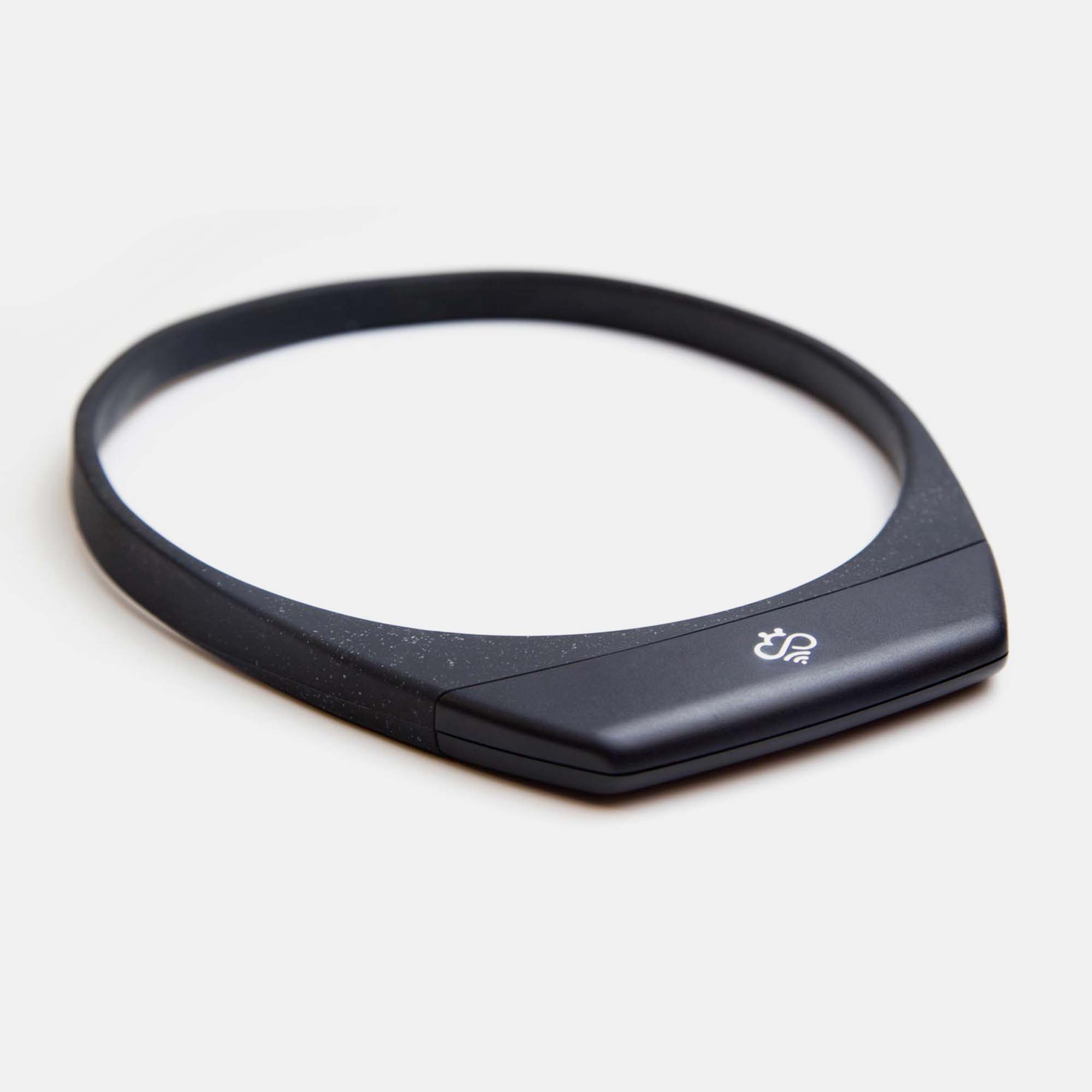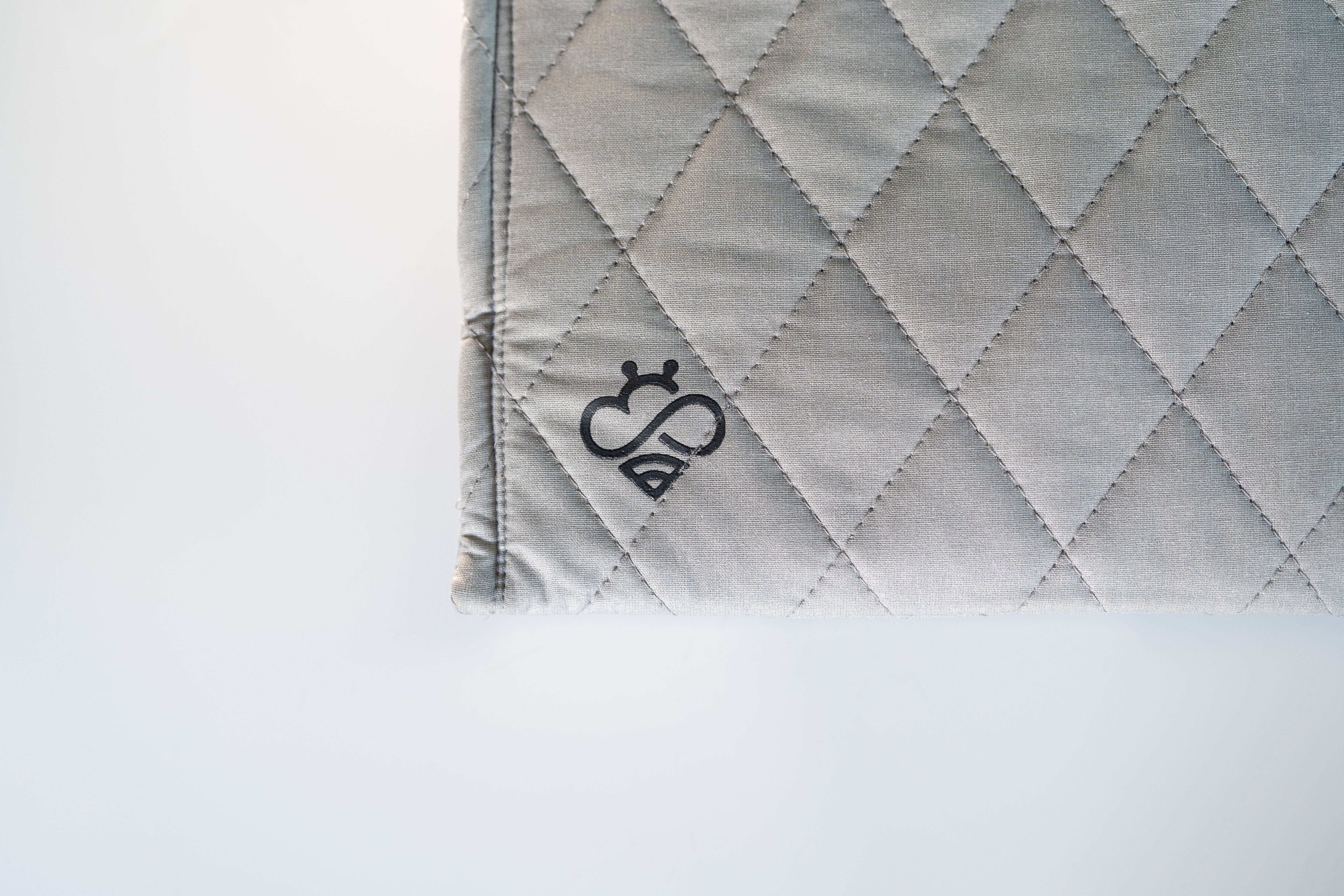It started innocently enough: a little nightcap here, a little melatonin there. But before you know it, you are faced with the realization that you’re reaching for a little help to get to sleep most nights of the week. And when you don’t, you’re spending most of your twilight hours tossing and turning, wondering if it’s “too late” to take something now because you’ll end up feeling groggy with a head full of cobwebs when your alarm goes off.
According to the Centers for Disease Control and Prevention, 8.2% of American adults reported using a sleep aid at least four times in the last week — that’s more than half the time they lay their head down on a pillow!
What’s So Bad About Chemical Sleep Aids?
Sleep aids fall into one of several categories, including prescription medications, over-the-counter products, alcohol, and dietary supplements. Let’s explore the hidden dangers of each:
Prescription sleeping pills: Remember when your physician prescribed that bottle of Ambien and you swore to yourself you’d only take it on nights where it was really crucial to get some sleep (like before a big meeting or taking a long road trip)? Take a look inside that bottle to count how many of those little pills are left. Perhaps you’re leaning on this crutch a little too often?
This powerful sedative is only supposed to be used for short-term sleep disturbances, yet many people have become hooked on it long-term. Those who have a longstanding habit may experience a host of side effects, including dry mouth, depression, hallucinations, anxiety, recurrent headaches, dizziness, and poor motor coordination. Eventually, your tolerance will build up, which means you’ll require a higher dose to achieve the same effects.
Melatonin: You may have heard that melatonin is natural, and therefore is safe to take. And that’s partially true: Melatonin is a hormone produced by the pineal gland in the brain that naturally occurs in response to darkness, which helps with the timing of your circadian rhythm (your internal 24-hour clock). That’s why melatonin is often helpful for reducing the symptoms associated jet lag, shift work, and for those diagnosed with Delayed Sleep-Wake Phase Disorder (a circadian rhythm disorder).
Melatonin supplements are synthetically created, and commonly reported side effects include daytime drowsiness, headaches, and dizziness. What’s more, its effectiveness is questionable at best. According to the American Academy of Sleep Medicine, there’s isn’t enough sufficient scientific support to conclude that melatonin actually helps reduce insomnia (and most people who take it are using it to treat their self-diagnosed insomnia).
Other over-the-counter sleeping pills: If you’ve ever reached for such over-the-counter medications as Benadryl, Tylenol PM, ZzzQuil, or Unisom to help get a little shut-eye, then know this seemingly harmless habit is a slippery slope.
First, even though these products don’t require a prescription, these medications come with side effects, ranging from dizziness and strange dreams to daytime drowsiness and dry mouth. They could also negatively interact with your prescription medications. And the FDA warns that Benadryl, in particular, has been linked to serious heart problems, seizures, coma, and even death.
Alcohol: Have you grown accustomed to a few glasses of wine or a couple cocktails to help take the edge off before bedtime? According to the Sleep Foundation, alcohol is a central nervous system depressant that causes brain activity to slow down — which is why it helps induce relaxation and sleepiness.
While you might think that a few cocktails help you sleep better, in truth, that sedative effect doesn’t last long after initially helping you fall asleep. In fact, alcohol has been linked to poor sleep quality and duration. Not to mention that people who frequently rely on alcohol may be more likely to experience insomnia and it can exacerbate the symptoms of obstructive sleep apnea (which will also keep you up). Furthermore, a 2018 study revealed that even low amounts of alcohol (read: fewer than two servings a day for men and one serving a day for women) decreased sleep quality by 9.3%. Finally, alcohol can suppress REM sleep during the first two cycles.
Hapbee Is Here to Help Break the Habit
Hapbee emits ultra-low energy signals that are recorded from a molecule’s magnetic frequency. And these signals replicate the natural effects of specific compounds — like the energy from caffeine or the relaxation you get from a sleep aid, like Ambien or melatonin.
But unlike these chemical sleep aids, Hapbee Signals are designed to take effect quickly and wear off right after you end your session because there are no substances for your body to eliminate. That means you won’t experience any long-lasting effects, like grogginess, brain fog or addiction, but you will experience everything that seems to be great about the aforementioned sleep aids.
By using the Sleep Signals and Blends at bedtime, Hapbee customers have reported less difficulty falling asleep, a more relaxed mental state, and restorative power naps .
For instance, Wind Down is a blend of adenosine (one of the major sleep triggers) and melatonin that’ll help calm your thoughts and muscles so you can ease into sleep. The Deep Sleep Blend is engineered from melatonin, and perfect for light sleepers who often awaken in the middle of the night. Power Nap blends adenosine and CBD, which will allow you doze off for a quick recharge. And Winter’s Nap is engineered from melatonin and CBD to allow you to awaken refreshed.
When purchasing a Hapbee device, you’ll receive two Blends of your choice included with the Base Membership, plus 90 days of the All-Access Membership so you can try all the Blends and see which ones best match your needs (you can always upgrade to the full catalog of options with an All-Access Membership once the 90-day trial ends).





